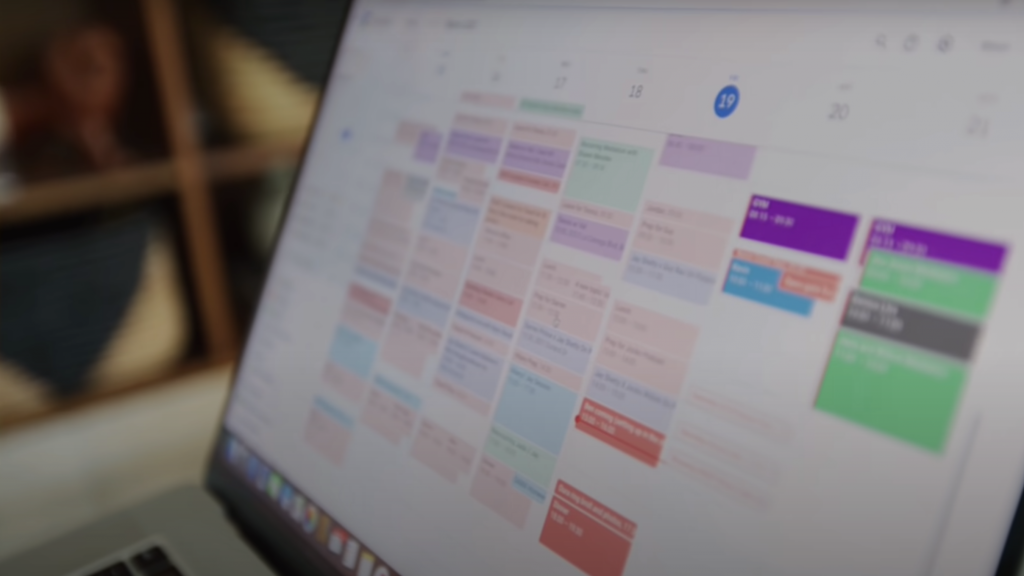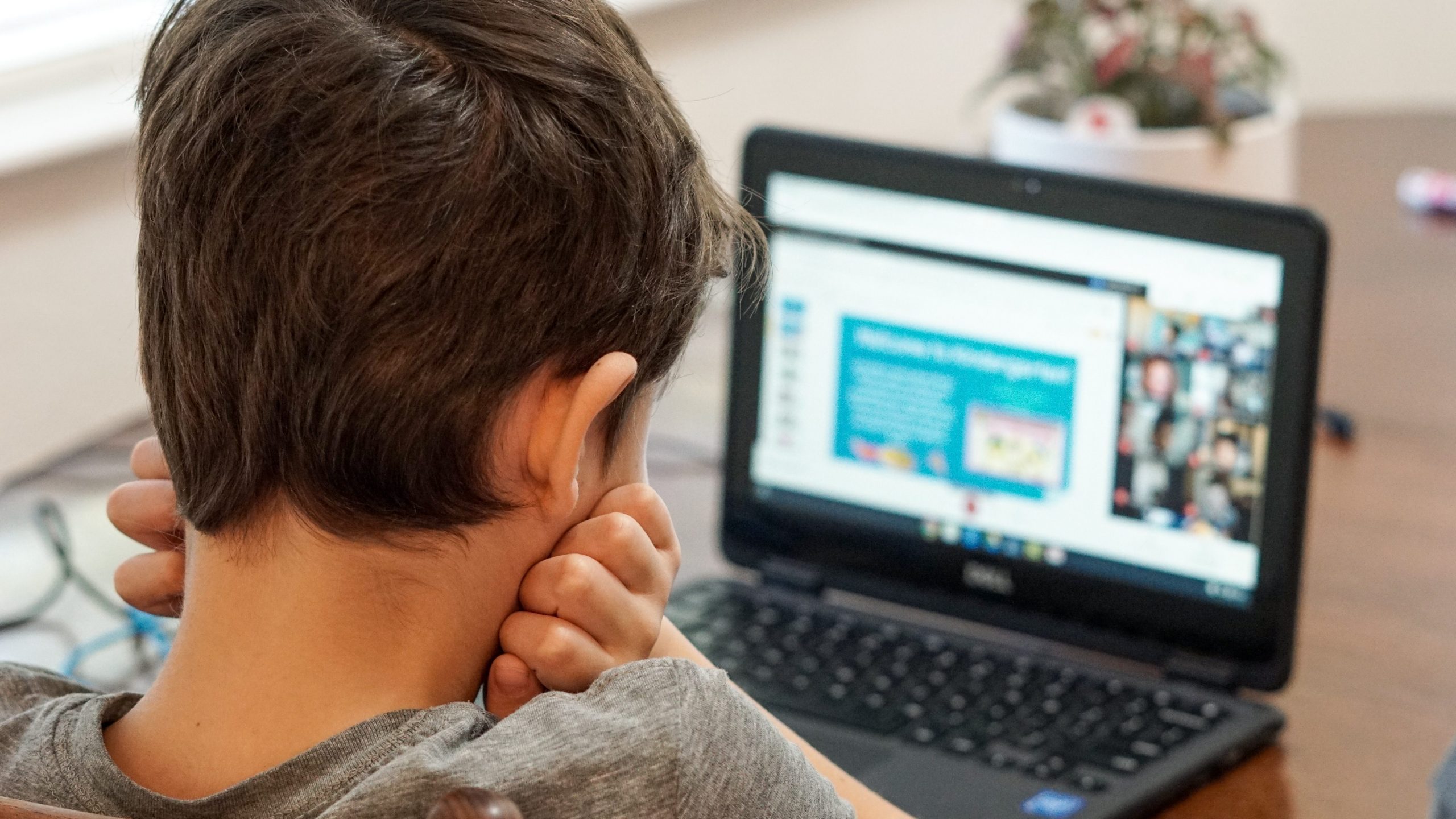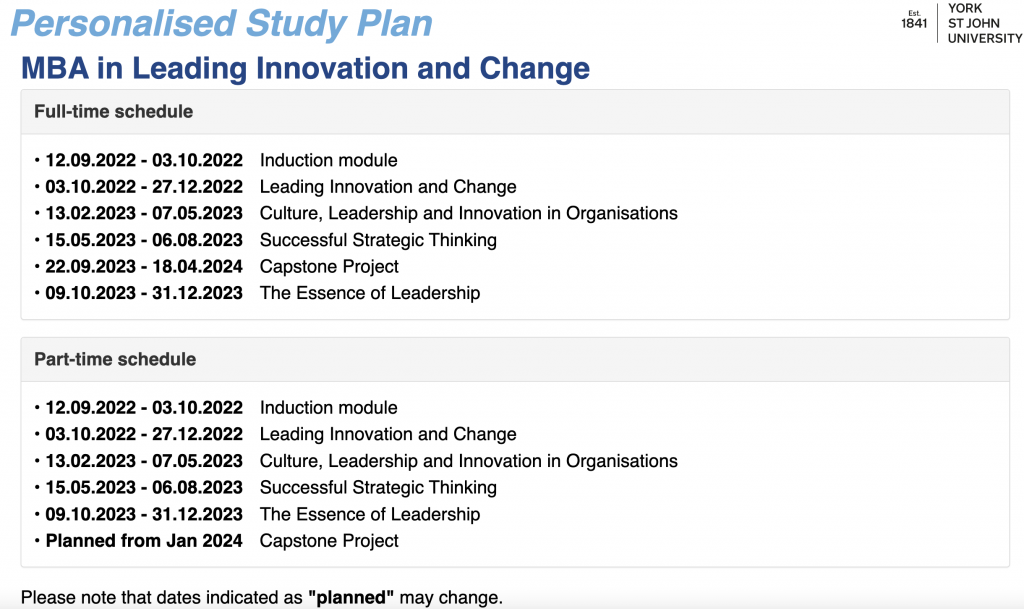Through the #DILO series of blog posts, we have been bringing you insights into the life of our master’s students, sharing their thoughts and opinions, ups and downs, and key learning points during their online studies. The whole idea behind this series is to make you aware of the realities of online studies and aid you in decision making.
This week we take a look at a day in the life of one of our master’s degree student, Tomislava. Here are a few insights and some words of wisdom that Tomislava has to share from her own experience:
There is no better way to learn than from those who came before and see if what worked for them. It will help you become a better student and, hopefully, help you make an informed decision.

An Introduction
Who are you?
My name is Tomislava B and I am a mother of 3 kids, 8, 15 and 17. I work at WHO and as a assistant in emergency team who today are fighting the Covid-19 by supplying to the countries in need several essential items like Oxygen, masks, etc. and sending off different vaccines, medicine to be used in solidarity trials in testing and, so much more.
Which programme did you choose and why?
University of Cumbria’s MBA International Healthcare Management programme. I have been offered a job in WHO and I thought it would be good to learn on the subject.
The Study Plan

How did you plan to study each module, and what was the reality? For example, how many hours did/do you have to put in each day/or in a week?
I worked in the evenings. I would block minimum 3 hours, reading a lot and getting all information by searching on the subject that I was studying. I did not have any experience, so it was all very new to me . I read every message and comments by students. That helped me a lot. Also asking a lot of questions.😀.
What part of the day did/do you find most suitable to study? (e.g. early mornings, lunch break, evenings, weekends?)
I used to study in the evenings during the week and part of the day in the weekend. But mainly evenings for there were no distractions at that time of the day..

How much time did you devote to each assignment?
Once I would start a topic, I worked on it from the first day without leaving it in the middle. The time was precious, and working and studying at the same time was a great challenge. I also used my lunch time at work for looking what was taught and took few notes. I would do brainstorming by marking on the paper anything that will be useful for my writing.
Travelling and Communication
How did travelling impact your ability to study?
If travelling, I used to take all with me. All my books were online and when I was not travelling, I used my electronics notes. For anything that would come in my thoughts, I would pen it down.
How were you able to interact with peers and/or professors given the time differences?
Evening time worked the best for me. We also formed a WhatsApp group and we could discuss any questions there. Also it was nice to hear different experiences and feedback.
A typical day as a master’s student
What does a typical day as an Online master’s student look like for you?
Getting up for the day, with books all over the place.😀. But, not a mess, as I arranged piles of books by unit and by subject in a very organised manner. I made a pile with different notes by period as to were I was in the writing. It was like building up something slowly but surely the final work was visible. Or like a song strophes by strophes 🎶 .
Any advice?
Any advice you have for students to better plan their studies.

Yes! One has to be very organised and never put anything down for tomorrow. Imagine you are making a wall and you have given yourself a goal to do let’s say half a meter. And you are ready but some other staff comes with more interesting things to do like to go out for a drink with a friend. And you say ok I will do it tomorrow. Tomorrow comes and what is going on? You have not started! You have to do everything that you were going to do yesterday and all that has been added today. You will find it very hard and will not be able to manage the way you would have done, if you had done a little part from yesterday and the part for today. It will demotivate you and tomorrow you will doubt etc.
So stay on track and do little by little but every day . Read everything and comments given by professor and by classmates is something not to be ignored! You will see that any question you have, you will find an answer in the precious discussions.

We at Robert Kennedy College are here to support you through the entire process and encourage you to get in touch with our team of Education Advisors and chat with them Live on WhatsApp if you have any questions about our programmes, fee structure, the application process, or details on discounts we might be offering at this time.
If you have already made up your mind and are ready to apply, then just click here.











